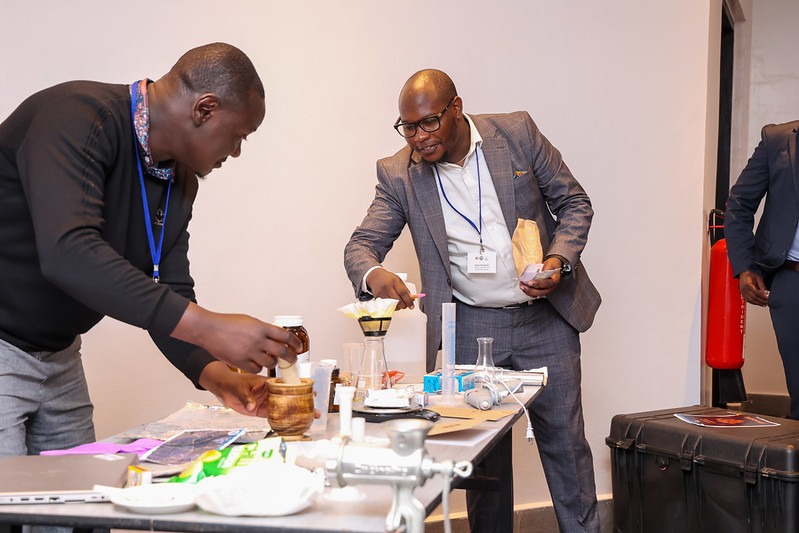

The United States Embassy in Kenya has wrapped up a four-month collaboration with Kenyan scientists, police, and judicial officers.
The training aimed at boosting the country’s ability to counter chemical, biological, radiological, nuclear, and explosive (CBRNE) threats.
The programme, which began in June and concluded in September 2025, was jointly supported by the US Department of State’s Bureau of Arms Control and Nonproliferation and the Embassy in Nairobi.
Organisers described the workshops as a significant step toward enhancing both national and regional security.
The first phase of the training, launched in June, focused on clandestine laboratories.
US experts worked closely with Kenyan law enforcement, forensic specialists, and CBRNE teams to identify hidden sites where hazardous materials could be produced or weaponised.
Participants were taught how to collect evidence, handle dangerous substances safely, and deploy strategies designed to prevent threats from escalating into attacks.
By September, the training shifted focus from the field to the courtroom.
A follow-on workshop examined how prosecutions and investigations can effectively address CBRNE cases.
Prosecutors, investigators, and judges gathered to explore ways of linking scientific evidence with judicial processes, ensuring that technical findings can withstand legal scrutiny.
Justice Alexander Muteti underscored the importance of building strong cases on solid investigative work.
“Cases are only as strong as the investigative foundation supporting them,” he said.
Muteti stressed the need for impartiality, coordination, and public trust when handling terrorism-related cases.
The initiative drew praise from both US and Kenyan officials.
Susan Burns, the US Embassy’s Chargé d’Affaires, highlighted the importance of collaboration across professions.
“This two-part series shows what true partnership looks like,” she said.
“By bringing together scientists, investigators, and prosecutors, we are building a system that is stronger than the sum of its parts. Kenya is not just protecting its own citizens, it’s setting a standard for the region.”
Each workshop featured a “train-the-trainers” element, designed to ensure that the expertise gained would spread well beyond the participants.
By equipping key personnel with the skills to train others, the program is expected to multiply its impact across the country.
The embassy emphasised that the workshops reflect the United States’ broader commitment to preventing the spread of weapons of mass destruction and strengthening counter-terrorism measures in East Africa.
The partnership also seeks to bolster Kenya’s judicial capacity, ensuring that complex cases involving hazardous materials are prosecuted effectively and fairly.
For Kenya, the collaboration comes at a time when regional security threats remain a pressing concern.
By integrating science, law enforcement, and justice, the initiative aims to create a more resilient system capable of detecting, disrupting, and prosecuting those who attempt to use dangerous materials for harm.
As the workshops conclude, both nations have reaffirmed their commitment to ongoing cooperation. “Kenya is not just protecting its own citizens,” Burns noted, “it’s setting a standard for the region.”
The embassy stated it remains dedicated to working with Kenya on advancing security, stability, and resilience against terrorism for the benefit of both countries.














